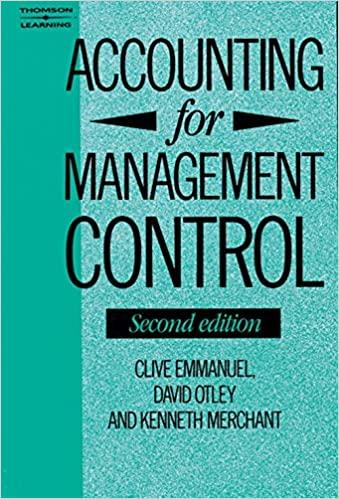Question
Match each of the following principles as appropriate: Cost principle Matching principle Time-period principle Revenue principle Monetary unit principle Full disclosure principle A. Revenues are
Match each of the following principles as appropriate:
Cost principle
Matching principle
Time-period principle
Revenue principle
Monetary unit principle
Full disclosure principle
A. Revenues are recorded when earned regardless of when cash exchanges hands.
B. The amount recorded in the financial records reflecting the cost paid.
C. Accounting activity must be reported over specific periods.
D. Expenses must be recorded in the same time period as the revenues that they generated.
E. Expressing amounts in a consistent currency (U.S. Dollars).
F. States that a public company must report all pertinent information about company activities.
A check written to a supplier is an example of a source document.
True
False
The cost principle states that a business may record the current market price if it is greater than the amount listed on an invoice.
True
False
Step by Step Solution
There are 3 Steps involved in it
Step: 1

Get Instant Access to Expert-Tailored Solutions
See step-by-step solutions with expert insights and AI powered tools for academic success
Step: 2

Step: 3

Ace Your Homework with AI
Get the answers you need in no time with our AI-driven, step-by-step assistance
Get Started


